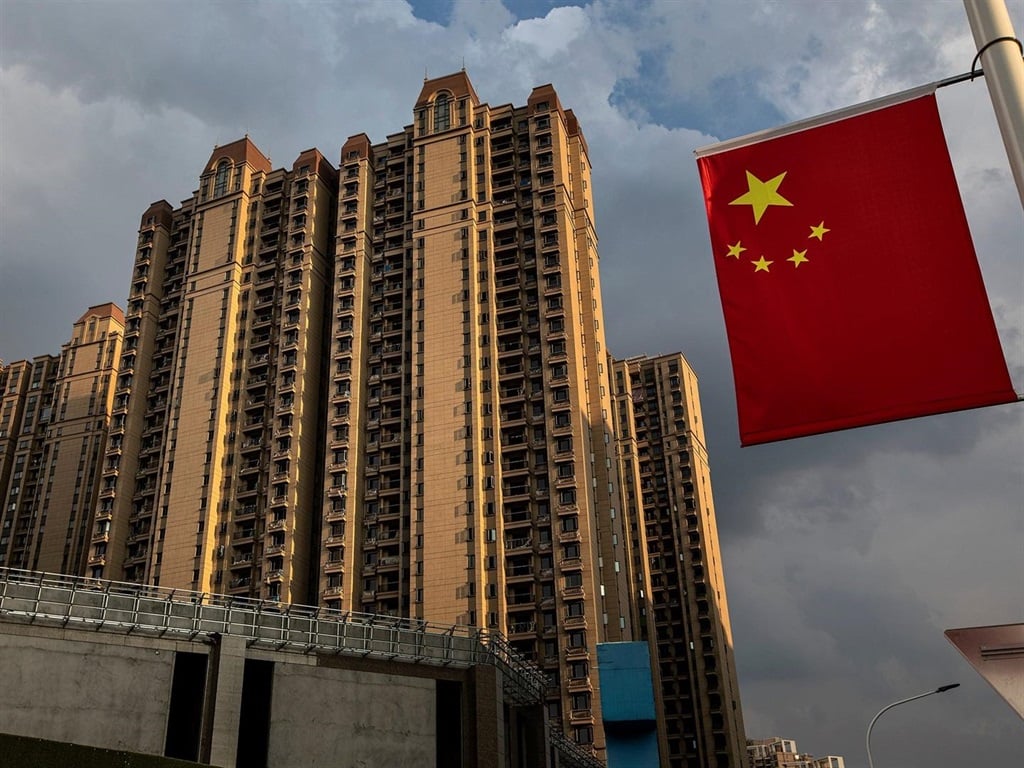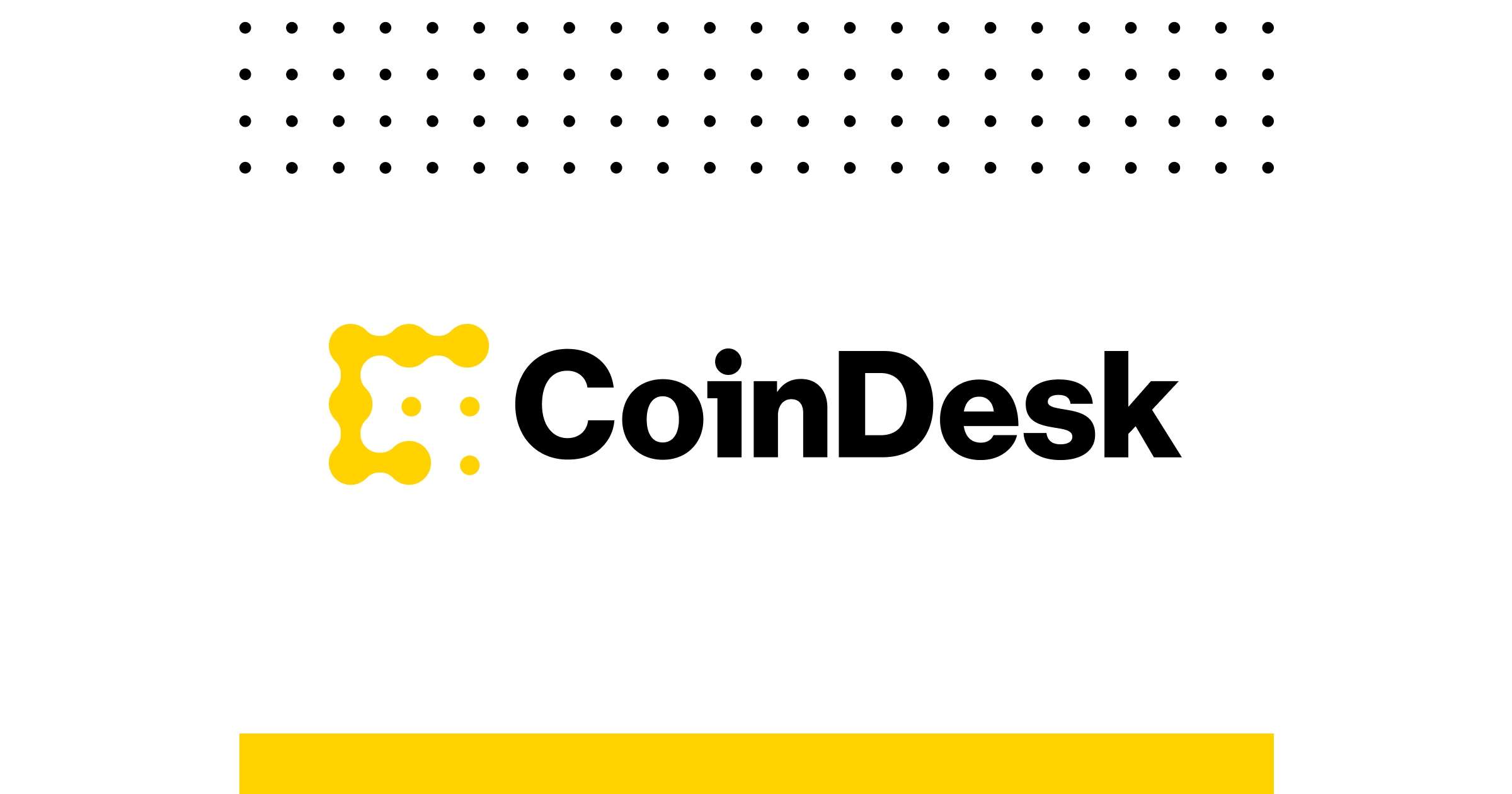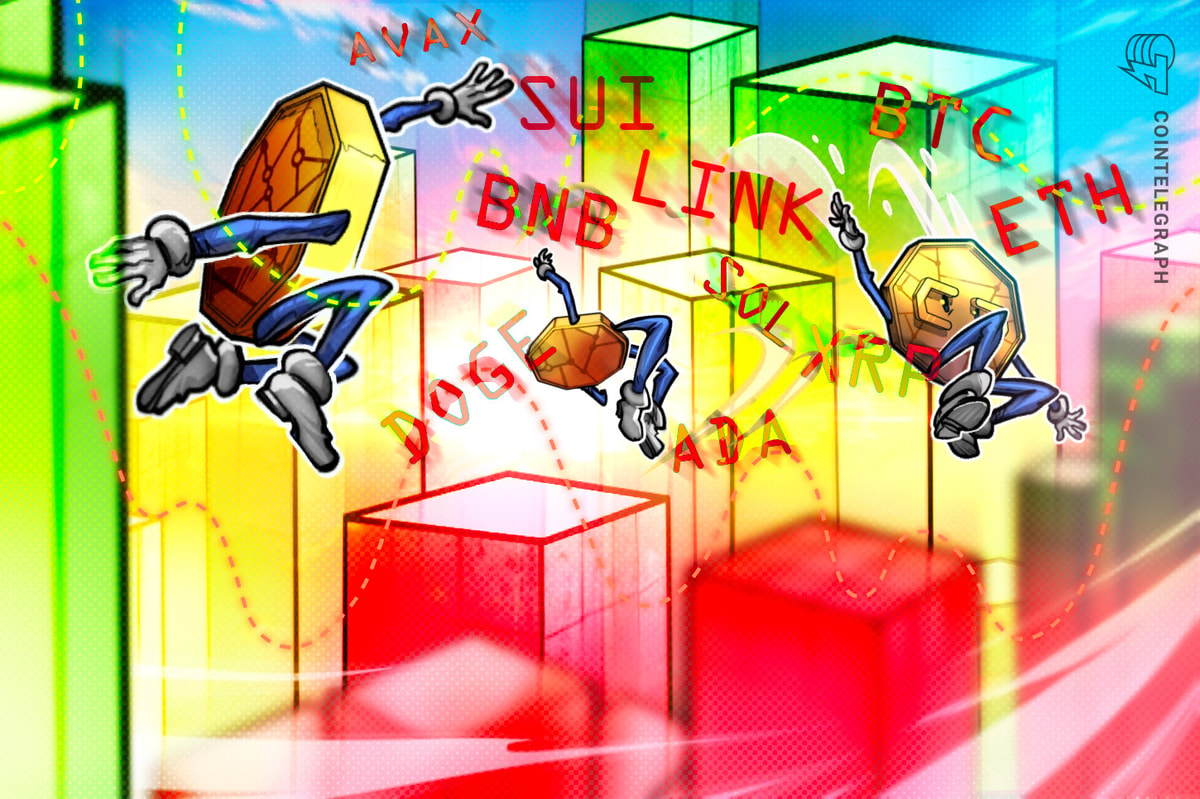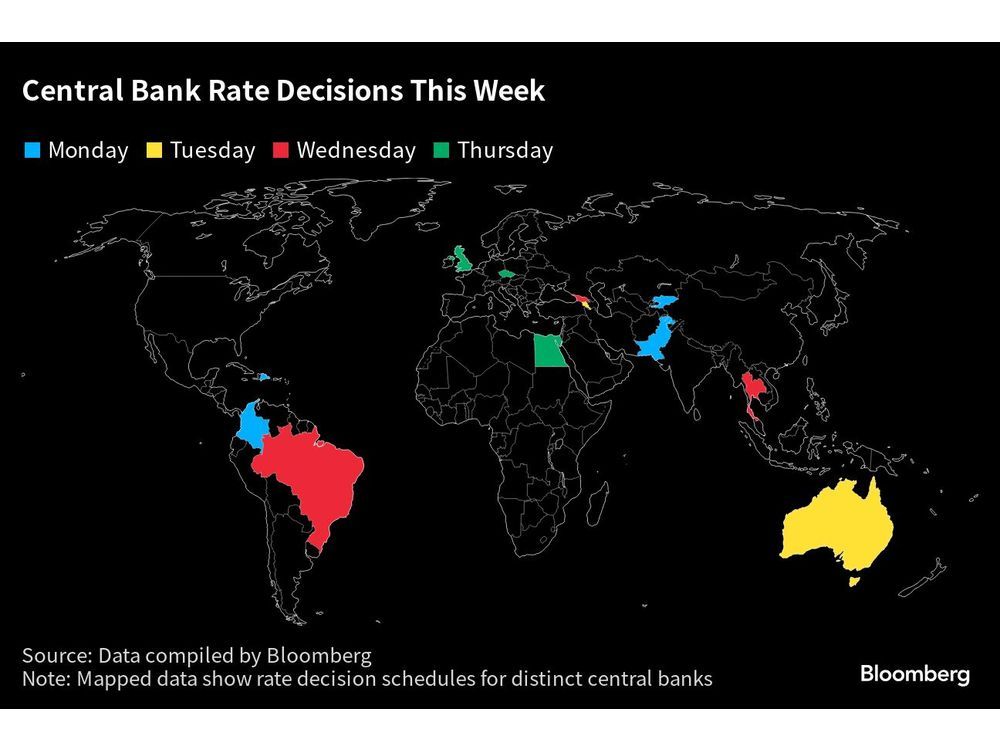In June 2023, an obscure semiconductor materials supplier announced that it was set to be taken over by an investment fund in a $6.4bn deal.
Even many Japanese have not heard of JSR, a company that embodies one of the few areas of the semiconductor industry where Japan retains dominance. It is a leading provider of so-called photoresists — specialist chemicals used for printing circuit designs on chip wafers — to chipmakers such as Samsung Electronics, Taiwan Semiconductor Manufacturing Company and Intel.
But it was the identity of the acquirer that really raised eyebrows. Japan Investment Corporation is a government-backed fund whose investments are overseen by the Ministry of Economy, Trade and Industry (Meti) — the same interventionist branch of government that dictated and crafted Japan’s industrial policy during its stunning postwar economic recovery.
Yasutoshi Nishimura, the head of the ministry at the time of the deal, championed it as “an extremely important effort . . . that will strengthen Japan’s global competitiveness in semiconductor materials pivotal to the production and development of cutting-edge chips”.
The transaction and Nishimura’s comments rang alarm bells among JSR’s biggest customers and investors as they tried to gauge whether government intervention would now become the norm. They soon got an answer: in December, JIC led a consortium to buy out Fujitsu’s chip-packaging arm Shinko Electric Industries for around $4.7bn.
JIC’s chief executive Keisuke Yokoo recently warned that Japan’s medium-sized companies would not be able to compete against bigger global rivals on technology alone.
“My thinking is that [JSR and Shinko Electric] cannot win the competition unless they continue investing in the digital era, so we want to support that effort,” he added.
The manner in which the JSR/JIC agreement was reached also rankled with many. The Financial Times revealed in January that JSR’s American chief executive, Eric Johnson, and the rest of the board had previously rejected an approach from the German group Merck that could have led to a takeover.
The existence of a serious approach, combined with the abruptness of a rare take-private offer by a government-backed fund, has caused some JSR investors to question the notion that corporate Japan was on a journey to better governance and more transparency.
That faith had helped drive the strong rally in Japanese equities. In 2023, the Nikkei 225 was one of the world’s best-performing major stock indices. It also prompted activist investors to take greater interest in Japanese companies; San Francisco-based ValueAct is a shareholder in JSR and its co-chief executive, Robert Hale, is on the company’s board.
JSR and the fund bristle at any suggestion that this deal was a de facto nationalisation of a private company. A senior Meti official says the evaluation of competing bids was a matter for JSR’s board and that the government did not interfere in the affairs of private companies. The official adds that Meti would “use export controls rather than owning certain companies” to protect Japan’s national economic interests.
But to JSR’s investors and customers, that is exactly what it was. “The deal, as it stood, was baffling in the context of the direction we thought the Japanese market was heading,” says one US-based fund manager who had held JSR stock for some years.
“Nothing seemed to add up.”
JSR says that it originally approached JIC in November 2022. Johnson argued that backing from the investment group, whose mission is to “enhance international competitiveness of businesses”, would help to accelerate consolidation within Japan’s chip materials industry.
At a time when the semiconductor industry finds itself at the centre of geopolitical tension between the US and China, “we had to do a lot of discussions with customers to make sure they understood this is absolutely not a political agenda,” Johnson told the Financial Times last year.
“This is an economic agenda,” Johnson added. “We are getting privatised to advance economic goals for us and also for the Japanese economy.”
Few within the industry were convinced. In the weeks after the deal was revealed, Samsung, TSMC and JSR’s other big customers sought an explanation for why a listed company that was not financially struggling was hurriedly being taken private by a state-backed fund.
Their sensitivity was increased by Japan’s aspiration to compete against them via Rapidus, a company created in 2022 and backed by the government and the country’s biggest corporations. Rapidus aims to develop advanced chips with IBM that will power the next generation of smartphones, data centres and artificial intelligence.
Despite strong denials from the company and government advisers, JSR’s customers feared that having JIC on the board of one of their most important suppliers would give the Japanese government access to commercially sensitive information about their technology.
That led some executives close to JSR to worry that rather than increasing its share of the global photoresists market, the transaction could potentially drive customers away.
“The damage has already been done,” one of the executives says, although others close to JSR’s largest customers say the company’s executives have addressed their initial concerns about the JIC investment and that they expect to continue sourcing from JSR.
JIC said the government would not be involved in the affairs of an individual company and that there was a need to explain to JSR’s customers that such concerns were “unfounded”.
TSMC said it “maintains a strong and close partnership with its suppliers, which includes open communication channels and strict co-operation on technology confidentiality management”. Samsung declined to comment. A person close to JSR said its customer ties were “strong as ever” after explaining the strategic rationale for the JIC deal.
Concerns were also raised by Chinese customers. The launch of the tender offer through which JIC will acquire JSR’s listed shares has been pushed from late December to at least late February because of delays with a Chinese antitrust review.
“The possibility now seems to be rising that Chinese authorities will not approve the transaction and the deal will not materialise,” says Kazuyoshi Saito, an analyst at IwaiCosmo Securities. Reflecting the uncertainty, JSR shares currently trade around ¥4,000, below the ¥4,350 offered by JIC.
Rival materials suppliers have also dismissed the idea that government backing for JSR will help to restructure the industry. The company’s previous attempts to merge its chips materials business with competitors failed, and so far there is little indication that the landscape has changed, they say.

Noriaki Taneichi, chief executive of Tokyo Ohka Kogyo, another Japanese chips materials maker, has openly questioned how the deal would benefit JSR’s customers. “I have considered it from various angles but this deal doesn’t make sense,” Taneichi said at an earnings briefing in August.
“If they are talking about consolidation within the photoresist industry, I hope it ends up going nowhere.”
For investors, the conduct of the acquisition process was a cause for concern. Interviews with current and former executives of JSR, government officials, investors, bankers, private equity firms and industrial rivals with direct knowledge of the deal show that the saga did not start with JSR’s overtures to JIC in November 2022.
Months earlier Merck, a German healthcare and life sciences group, had proposed buying a majority stake in the Japanese company, according to two people with knowledge of its content. The approach vindicated those JSR executives who had feared it would be vulnerable to a bid after it completed the sale of its synthetic rubber business in April 2022. Merck declined to comment.
Its overture was immediately followed by similar approaches from at least two global buyout funds. One of them presented ideas that included carving out JSR’s remaining non-core businesses and taking the company private.
By October, JSR’s board had considered and rejected Merck’s proposal, arguing that there was insufficient synergy. JSR said it received no offers for the business ahead of the JIC agreement, but added it received “a variety of transaction and collaboration ideas” on a regular basis.
JIC declined to comment on whether it was aware of the approach from Merck, saying it began deliberations after JSR proposed a deal on a “privately negotiated basis”.
There was also frustration within JSR’s boardroom over its financial performance; earnings per share were expected to fall to ¥40.95 this fiscal year, from ¥140.62 in the year ending March 2019, immediately before Johnson took over.
But the board held back from changing the management while talks with JIC were under way, although Nobuo Kawahashi stepped down as president last June. JIC has since said it plans to retain Johnson as chief executive, while ValueAct supported the JIC bid in light of the 35 per cent premium to the previous day’s closing price that it offered.
Several people involved with the process play down the idea that JIC’s involvement presages a new era of interventionism.
Andrew McDermott, founder of Japan-focused investment firm Mission Value Partners, says he does not think the JSR transaction and a similar one involving Toshiba represent a negative signal for broader merger and acquisition activity “because in these examples, you can see that Japan has an overarching strategic interest”.
Saito, at IwaiCosmo Securities, says that “it would be even more damaging to Japan’s reputation if the government let a company like JSR, which makes materials that are crucial to the production of next-generation semiconductor equipment, fall into foreign hands.”
But for long-term investors, the involvement of JIC made the Japanese government look suddenly more interventionist and seemed to contradict the notion that corporate Japan was becoming more responsive to shareholder pressure.
Such investors have long known that many Japanese companies trade well below the book value of their assets, and have large cash piles and non-core assets they could sell. Companies have become more susceptible to pressure from shareholder activists; Hiromi Yamaji, the president of the group that controls the Tokyo Stock Exchange, has spoken out about the need to boost valuations and improve capital efficiency, giving activists a sense that they are now welcome.
Just a few weeks before its investment arm announced it was acquiring JSR, Meti published the first revisions to its guidelines on public takeovers in almost two decades. Companies are now expected to take any bona fide offer seriously and should establish a special committee to examine and report back on the attractiveness of that and any other bid.
The guidelines were designed, say Meti officials, to stop Japanese chief executives arbitrarily rejecting unsolicited offers or accepting obviously inferior offers because they are from friendly or connected bidders. The changes bring Japanese companies into line with standard practice in the US and Europe, requiring them to seek out the highest price possible.
These and other reforms have made Japan’s substantial equity market a magnet for the world’s largest activist funds, including Elliott Management, Third Point, ValueAct and Effissimo.
“The presence of ValueAct on the JSR shareholder register was among the main reasons we invested in it ourselves,” says the Tokyo-based portfolio manager of a major US fund. “The company had a non-core business we hoped they would sell, and a chips-related business we really liked.” He adds that recent history suggested the presence of an activist investor “creates a good chance of unlocking value quickly”.
Some of this optimism melted away when JIC’s acquisition of JSR was announced, say shareholders. They questioned Johnson’s consolidation argument, with many considering it unlikely that JIC had been the only entity able or willing to buy the company.

Even before the FT revealed that Merck had approached JSR, and before several private equity groups had also registered their interest in acquiring it, investors were suspicious. Had there been an effort to flush out other buyers and had all available offers been properly examined?
In its statement disclosing the JIC offer, JSR said “indirect market checks” were in place in “an environment where other potential acquirers can make counterproposals”.
Tadayuki Seki, a non-executive director at JSR who headed the special committee to review the JIC deal, says the process observed Meti’s M&A guidelines. “The board is entirely supportive” of the partnership with JIC and the JSR management, he adds.
Seiji Takahashi, JSR’s chair, says the company has a “robust governance process and an active and engaged board that reviews all matters of material impact.” Other offers would have received the same scrutiny, he adds, but “none have been received.”
But one London-based investor, who had always regarded JSR as an ideal target for Merck, other strategic buyers and private equity groups, says that any acquirer going up against the JIC bid would in effect be challenging the Japanese government: “You got to be realistic about the situation,” the investor adds. “They can’t buy it because the Japanese government have now said they cannot.”
“JSR had been tripping up a lot on execution, especially on the life science side,” he adds. “So everything else being equal, it’s a frustrating outcome.”
While investors try to work out what really happened, JSR’s own ambitions to drive consolidation in the semiconductor materials industry could be stymied by its sluggish financial performance.

The group suffered an operating loss of ¥2.75bn ($18mn) in the six months to September due to its struggling life science business. Following a cut to revenue and profit forecasts in November, Hidemitsu Umebayashi, an analyst at Daiwa, said JSR needed “to take measures to improve its own earnings” if it wants to achieve its “vision” for consolidation.
Amid a weaker yen, and given their high market shares in certain technologies, bankers say Japanese companies will increasingly become targets for acquisition. But uncertainty over when and how the government may intervene could dampen such appetite, they warn. “Eric [Johnson] wouldn’t have wanted to be seen as selling off the crown jewels,” says one banker in Tokyo.
“But you have to wonder if what happened will make anyone else pause before making a bid.”
Additional reporting by Christian Davies in Seoul
#Japanese #semiconductor #deal #spooking #rivals #investors















